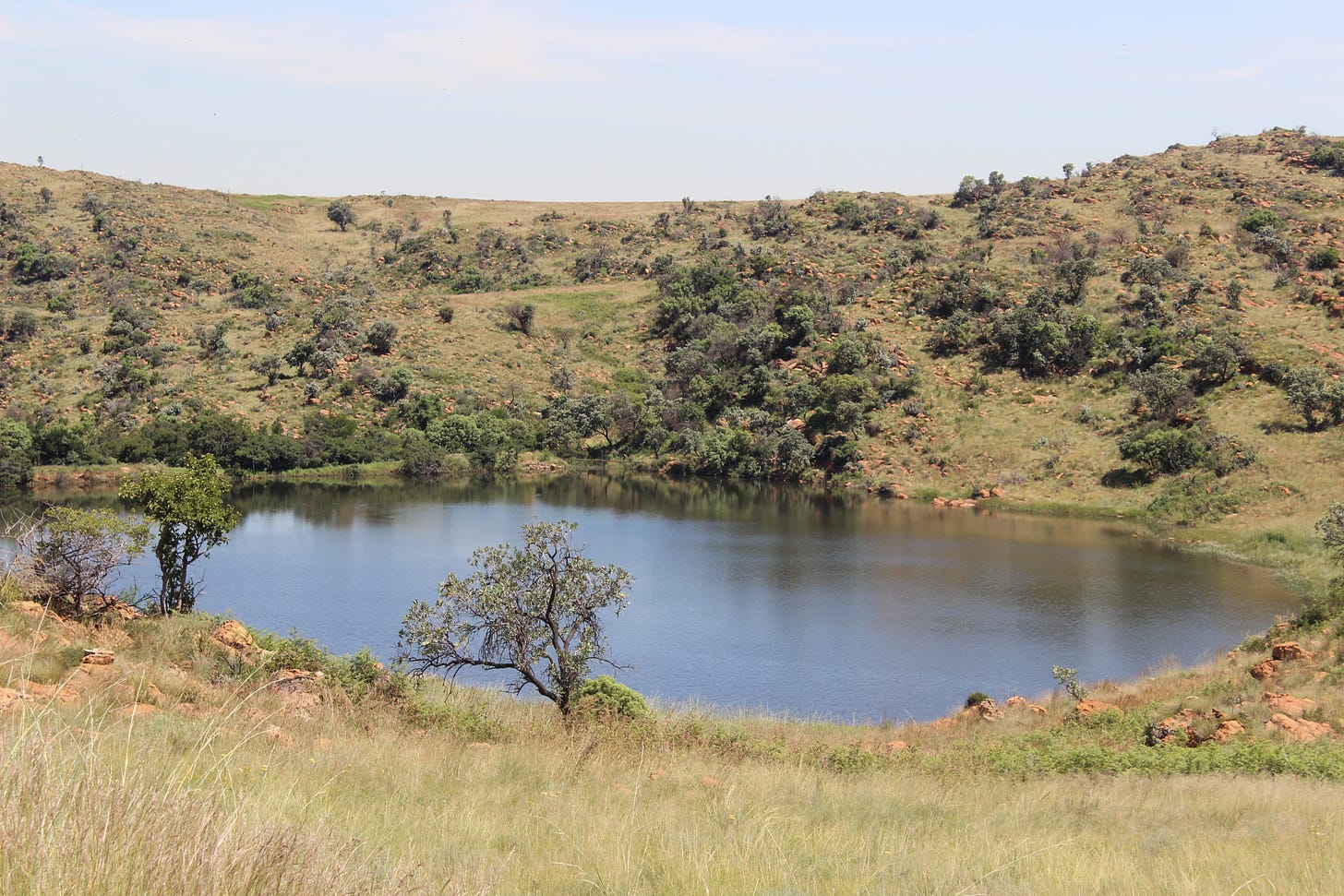Gauteng Seeks Partnerships to Address Environmental Challenges
Gauteng is South Africa’s richest province and has a strategy called Zero Waste to landfills by 2050.
Johannesburg, South Africa—The recently appointed Gauteng Department of Environment HOD, Blake Mosley-Lefatola, has extended an invitation to the Province’s environmental stakeholders to work with the department to effectively address the local environmental challenges, writes Emmanuel Koro.
“The consolidation of environmental agenda must be all-inclusive and build partnership, collaboration and co-ownership,” he said in an interview last week.
“Air pollution, management, protecting our wetlands and management of our conservation areas should be done together with the environmental stakeholders and the public in general.”
HOD Mosley-Lefatola said that Gauteng’s environmental challenges include “climate change and waste management.”
Accordingly, he called for the collective and cooperative implementation of the Gauteng Overarching strategy that addresses almost all the Gauteng environmental challenges.
“The strategy must be used by all the Gauteng Province Government departments, collaborating with the private sector, NGOs and society in general,” said HOD HOD Mosley-Lefatola.
Meanwhile, HOD Mosley-Lefatola said that the Gauteng Department of Environment “is going to work with municipalities, private sector, NGOs and the residents of the Province” to make Gauteng cleaner and greener.
This will be achieved through regular clean-ups and tree planting.
He said that the other Gauteng environmental management challenges include air pollution, which contributes to climate change, and water pollution, which creates conditions for the growth of water weeds such as the water hyacinth, which are sadly killing the Gauteng Province’s lakes.
The cool-headed, tall, slender, and bespectacled Gauteng Province’s top environmental custodian said that the Gauteng Department of Environment needs to collaborate with businesspeople to ensure that people don’t build business infrastructure on wetlands.
An accomplished public servant, HOD Mosley-Lefatola recently served as the HOD for the Gauteng Department of Economic Development.
He acquired valuable experience in his previous senior management positions, which involved leading strategic planning and large-scale transformation projects.
He worked as a Deputy Director-General for Public Sector Monitoring and Capacity Development in the President’s Office, Group Head for Strategy, Policy, Relations, and Coordination at the City of Johannesburg Metropolitan Municipality, CEO of the State Information Technology Agency (SITA), CEO of the Gauteng Economic Development Agency (GEDA), a Municipal Manager at the City of Tshwane Metropolitan Municipality, and also acting city manager for Ekurhuleni.
His new mission is to set up an effective Gauteng Department for Environment.
HOD Mosley-Lefatola acknowledged that a collective change in Gauteng’s residents’ attitude towards caring for the environment and cultivating a culture of pride in living in clean communities are some of the most effective approaches that the Gauteng Department of Environment “is going to use” to effectively address the province’s environmental challenges.
He said that communicating the need to care for the environment is a key requirement towards making the residents of Gauteng appreciate the role they can play in looking after their environment.
Reacting to the Gauteng waste management challenges, he said, “We need to work with municipalities to implement the integrated waste management strategy.”
He said that this would help ensure that the waste economy (an economy that operates based on waste, e.g. the recycling industry) “is implemented in the Province so that we reduce waste from filling up the landfills.”
“The Gauteng Department of Environment is forming partnerships with the private sector to ensure environmental cleanliness in the central business districts (CBDs) across the Province,” he said.
Gauteng is South Africa’s richest Province and has a strategy called Zero Waste to landfills by 2050.
“We need to work with municipalities to ensure that there are no illegal dumping sites,” said HOD Mosley-Letofela.



